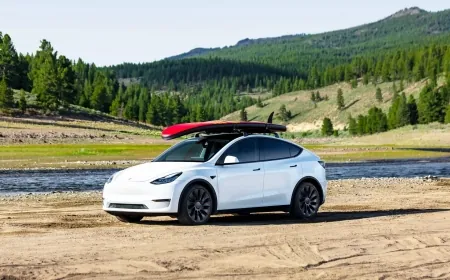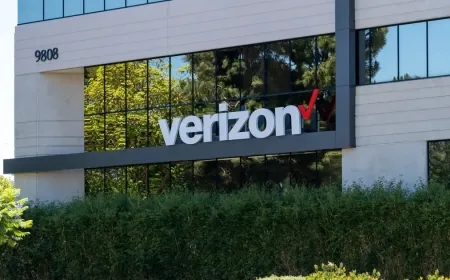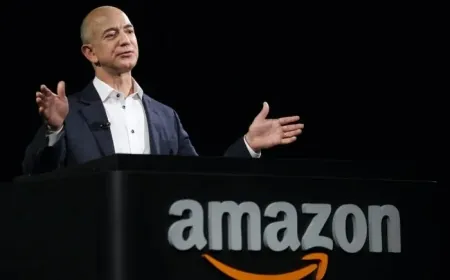Buying a Car or a House in 2025: Market Data Favors One Option
Market trends in 2025 show property outpacing vehicles in long-term value. See how homeownership and car buying compare in cost and return.

The decision to purchase a home or a vehicle is a major financial fork in the road for many households in 2025. Both represent sizable commitments, but current economic conditions and asset performance trends are pushing more financial experts toward one option.
Housing and investment specialist Robert Grunnah, who heads Castle Hill Investments and Austin House Buyer, says the long-term numbers point in the same direction. “Over decades, homes have added to owners’ wealth. Cars, without exception, lose value from the moment they’re bought,” he noted in a recent market briefing.
Housing’s Edge in Wealth Building
Owning property offers several financial advantages beyond providing a place to live. Historically, U.S. home prices have increased steadily—averaging annual gains of 6% to 9% in recent years, according to NCHStats. For many owners, equity growth combines with tax deductions such as mortgage interest relief to create a compounding financial benefit.
Government-backed programs, including FHA loans and first-time buyer credits, continue to lower barriers to entry for qualified buyers. Still, the initial cost is significant: a median-priced home of $440,000 requires roughly $88,000 for a 20% down payment, plus closing fees, taxes, and upkeep.
Property also carries risk. A downturn in local housing markets or a change in personal income can turn an asset into a financial strain.
2025 Car Market: Rising Prices, Quick Depreciation
The auto market this year remains expensive. Kelley Blue Book data puts the average price of a new vehicle above $48,000, with financing rates higher than pre-pandemic levels.
The industry’s transition toward electric vehicles is reshaping resale values. Traditional gas-powered cars are expected to depreciate faster as EV adoption rises. On average, new cars lose more than half their value within five years.
“Buy a solid used car in the $15,000 to $20,000 range,” Grunnah advises, adding that avoiding heavy depreciation helps free up capital for a home purchase.
Long-Term Value Gap
Financially, property ownership tends to outperform vehicle ownership over time. Homes can generate income through renting or appreciate in value, while vehicles offer no return and require ongoing expenses such as insurance, registration, and maintenance.
Over his career, Grunnah says he has seen “clients add six figures to their net worth through real estate,” while their car payments and upkeep “produced no lasting asset.”
Which Comes First?
While lifestyle factors play a role—such as relocation needs, commuting distance, or job flexibility—housing is generally viewed as the stronger long-term investment. For many, securing a home before upgrading to a high-end vehicle creates a more stable financial foundation.
Grunnah’s bottom line: “If you can, buy the house first, then choose a reliable, cost-effective car that meets your needs.”
Also Read: 4 Best Investment Opportunities to Watch in the Second Half of 2025
































































